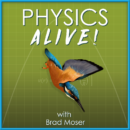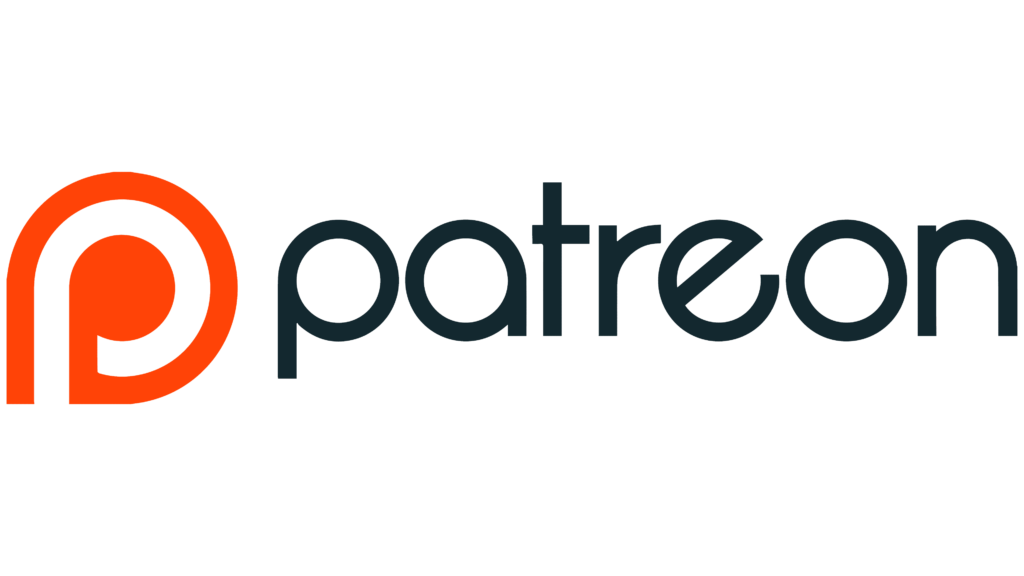Physics Alive!
Insights and inspiration from the educators, researchers, practitioners, and students who are bringing physics to life in the classroom and beyond.
Support Physics Alive on Patreon!
https://www.patreon.com/physicsalive
Recent Episodes
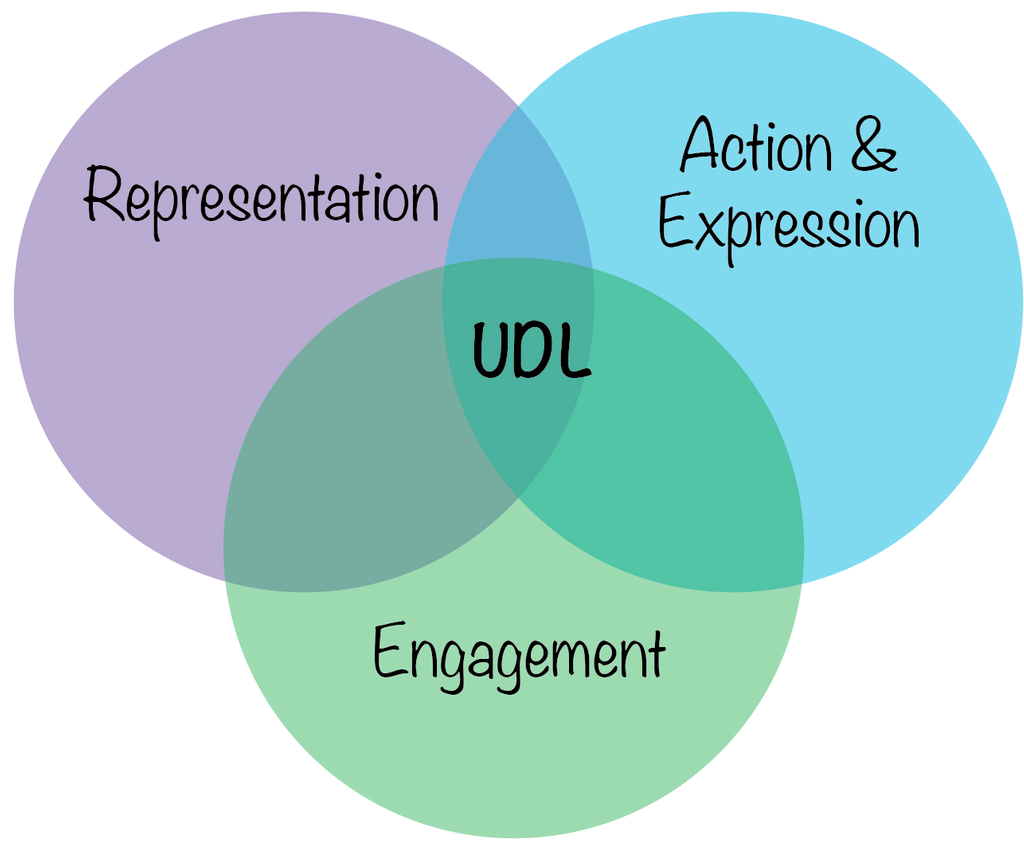
Episode 47: Universal Design for Learning and Multiple Means of Engagement
The universal design for learning (UDL) framework is an approach based on educational research that can guide the development of flexible learning environments that are supportive of and accessible to all learners. I’m speaking with Melissa Eblen-Zayas and Kristen Burson, authors on a recent paper describing their efforts to implement UDL and promote student mental health. They specifically focus on physics course modifications that provide multiple means of engagement.
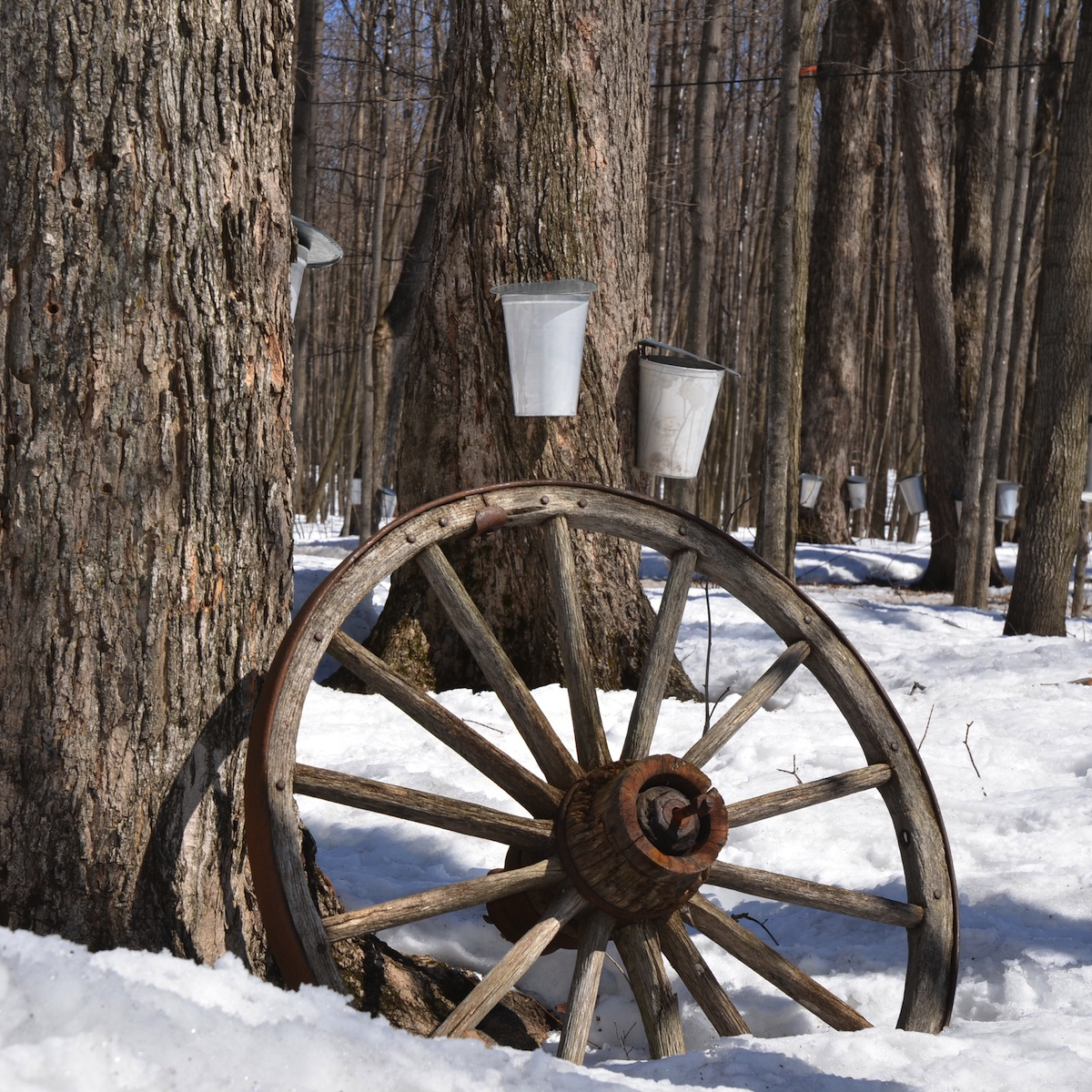
Episode 48: The Maple - Sweet Siren and Physics Phenom
Maple Syrup. Champion of breakfast, the perfecter of pancakes. Sweet addition to butter, beans, and even bacon. But how does that treat travel from tree to table? Phenomenal physics is in no short supply, and Abby van den Berg, a Research Associate Professor at the University of Vermont Proctor Maple Research Center, will share her joy and her expertise. She discusses the wonder of sap flow, long-term tree health, production methods, and the pigments associated with autumn foliage.
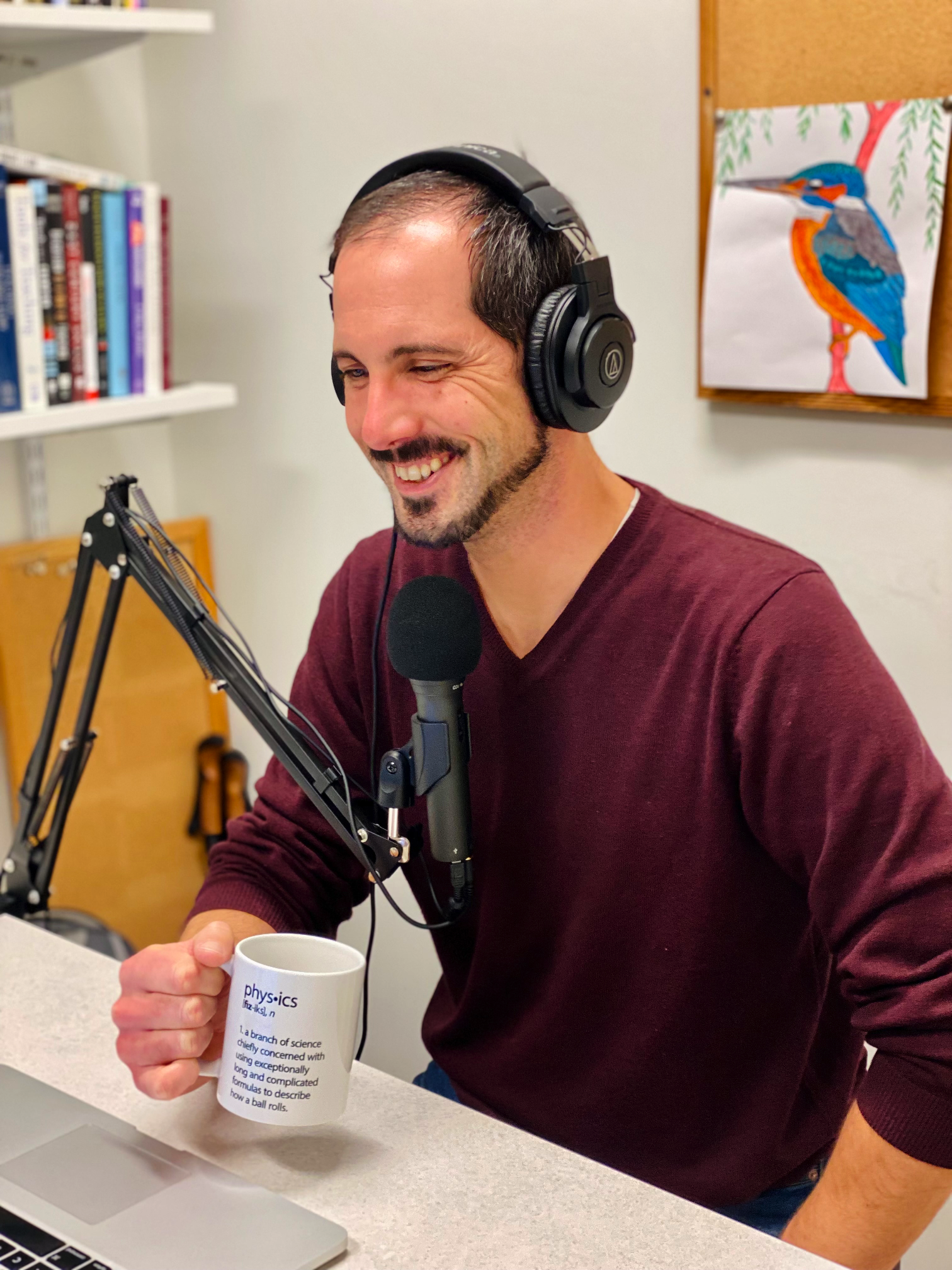
Episode 45: The Physics Alive Road Journal
The Physics Alive podcast is on the road this week! A busy semester has made it challenging to produce new episodes, so your host has taken his microphone on the road, recording while driving. Hear updates about Brad's classes and experiences this semester at his new teaching institution, Plymouth State University. The ups, the downs, the good, the frustrating -- the teacher's journey.
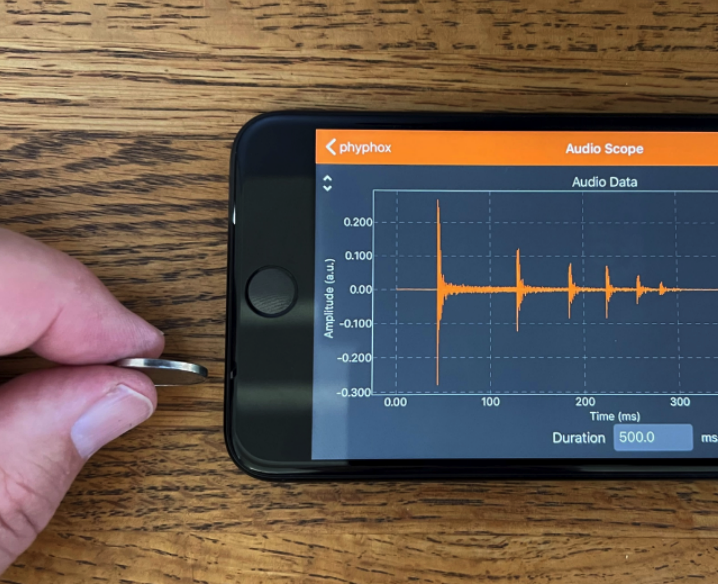
Episode 46: Physics with Phones with David Rakestraw
What if I told you that you could do velocity, acceleration, friction, rotations, impulse and momentum, pressure, sound, color, and magnetic field labs all with a single measurement device? And what if I told you that almost every student is walking into the classroom with their own device already in hand? Welcome to Physics with Phones curriculum. Each lesson details activities using built-in smartphone sensors to illustrate key physics concepts, including elevation, g force, and angular velocity. David Rakestraw, a senior science advisor at the Lawrence Livermore National Lab, has put together many lessons that are freely available online. He’s here to talk about how he got involved with this technology, what sensors our students can access, and how we can use these in our classes.
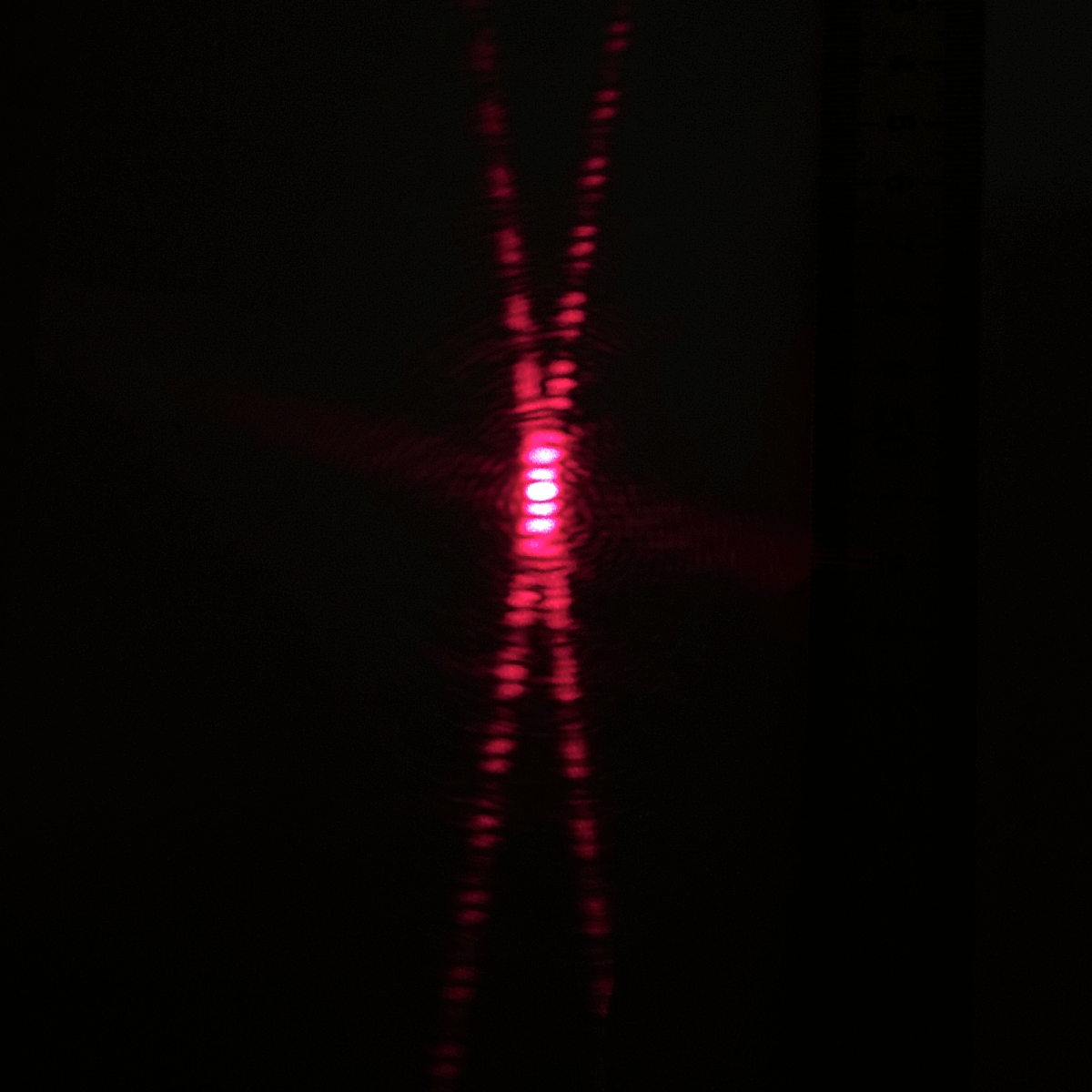
Episode 43: Diffraction of DNA and the DNA of my Physics Class
In this episode, I talk about DNA: a simple DNA diffraction and interference experiment using the spring from a pen and the DNA, the structure, of my introductory physics class during the spring '22 semester.
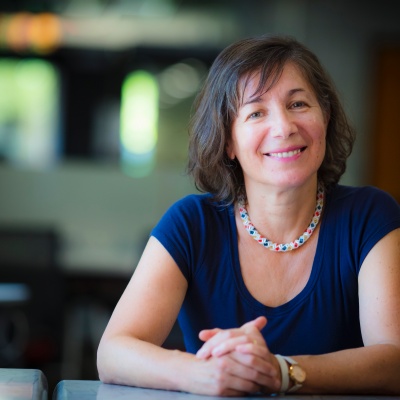
Episode 44: The Investigative Science Learning Environment with Eugenia Etkina
ISLE, the Investigative Science Learning Environment, is an intentional holistic learning environment for physics. It addresses two main goals: to help students learn physics by engaging them in the processes that mirror scientific practice and to improve their well-being while they are learning physics. Eugenia Etkina started this approach nearly 40 years ago and has been an ardent teacher educator in the years since. This interview with Eugenia provides the educational philosophy behind ISLE, specific examples of how the approach works, and the support network that can get you started.
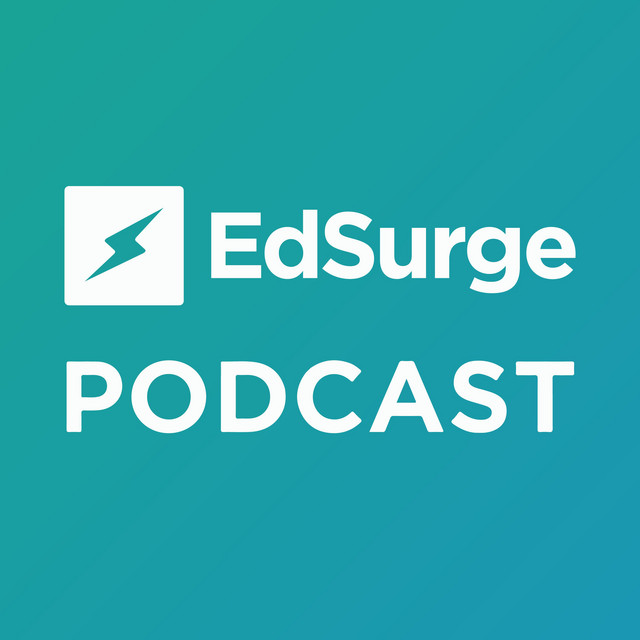
Episode 41: The Future of Education with Jeff Young
Jeff Young is an editor and reporter focused on technology issues and the future of education. He is currently the managing editor at EdSurge and the producer and host of the EdSurge Podcast, a weekly look at the future of learning. We talk about developments he’s seen throughout his career reporting on education, MOOCs and their place in education, the themes of the EdSurge podcast, and his take on the future of education.
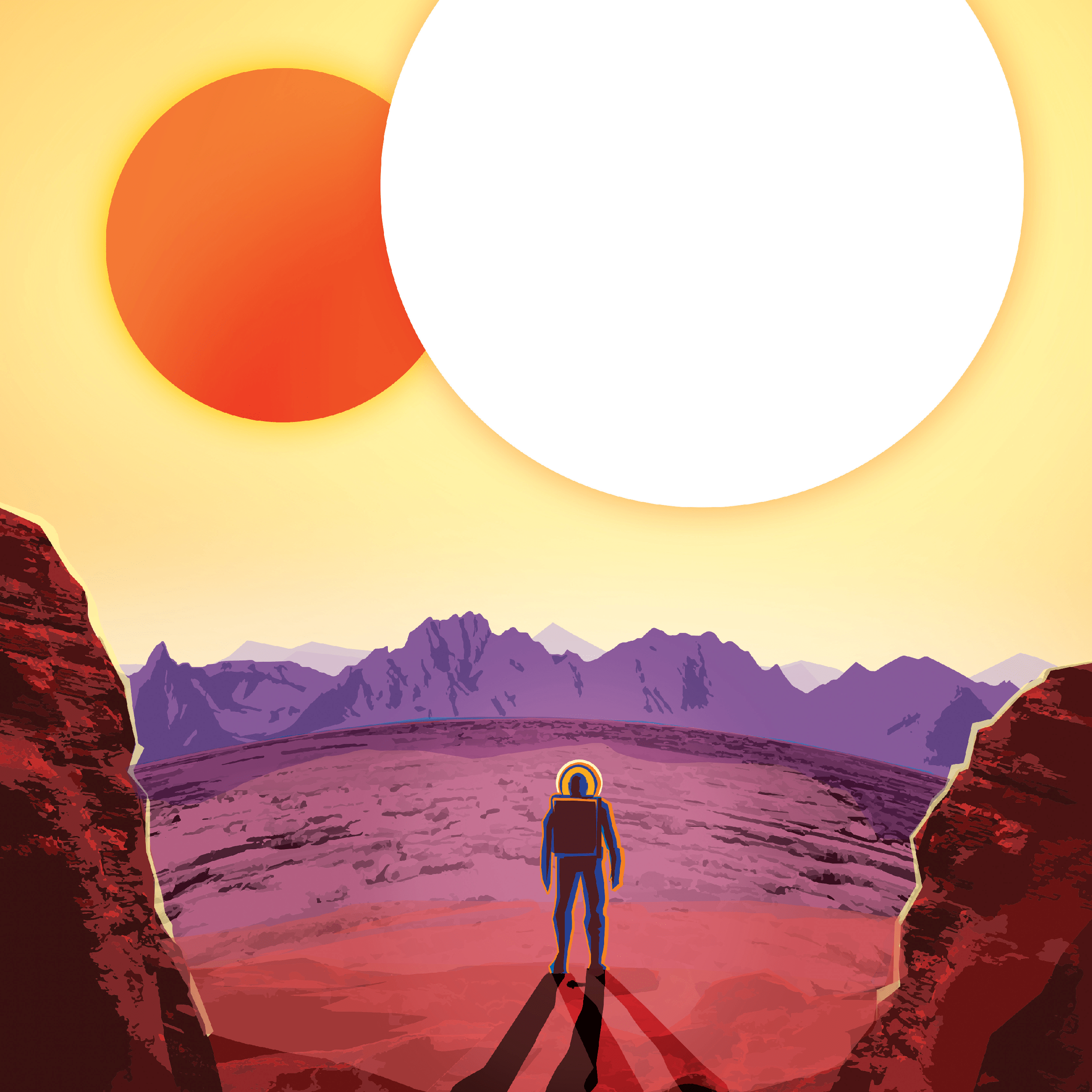
Episode 42: We're Going on a Planet Hunt with Sara Seager
Sara Seager is Professor of Planetary Science and Physics at the Massachusetts Institute of Technology. Her research focuses on discovering new exoplanets and characterizing their atmospheres. She hopes to find and identify another Earth and searches for signs of life. In this episode, Sara describes how we find planets around other stars and how we can possibly know how their atmospheres are composed.
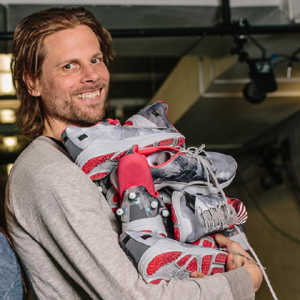
Episode 39: The Physics Rundown on Running with Wouter Hoogkamer
Wouter Hoogkamer, Assistant Professor at the University of Massachusetts, Amherst, is the director of the UMass Integrative Locomotion Lab. He studies human locomotion, integrating neurophysiology, biomechanics and energetics. In today’s episode, learn about his research on running economy and breaking the two-hour marathon mark. Plus, we’ll take his expertise and distill it down to some experiments and concepts that we can use in the high school and college intro physics classroom.
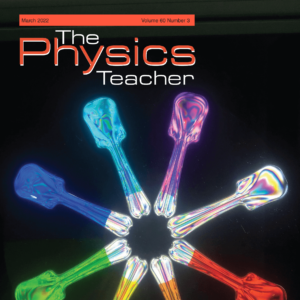
Episode 40: Podcast Reflections and Recent Articles from The Physics Teacher (Winter 2022)
In this episode, I summarize four articles from the Winter 2022 issues of The Physics Teacher: reflecting on a difficult year, group work equitability, lab activities on temperature and thermodynamics, and polarimetry measurements for food science. I also reflect on the purpose of this podcast, the many types of episodes you can expect to hear, and how I might better support you - the listener, the educator - to put new ideas into practice. Also, Physics Alive is now on Slack!
